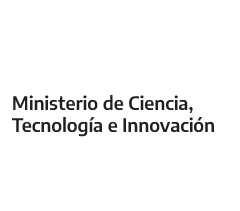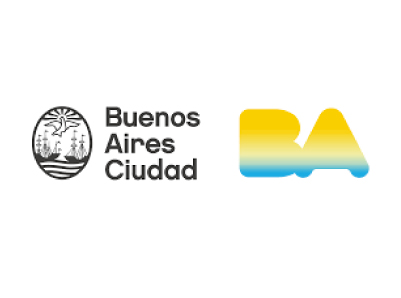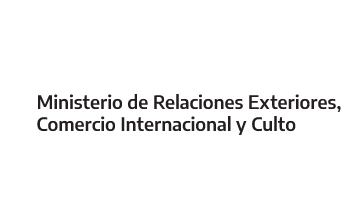#cilac2021
Relive the third edition of
Open Forum of Science
from Latin America and the Caribbean
April 26 to 28, 2021


#cilac2021
Open Forum of Science from Latin America and the Caribbean
April 26 to 28, 2021
+7.000
people participated in the last edition
+100
activities developed during the Forum
Considered the regional hub of science, technology and innovation, it is a platform to debate effective policies with the goal of achieving the Sustainable Development Goals of the 2030 Agenda. It is a unique event of its kind, with more than 10,000 participants since its first edition.
The last edition was an opportunity to debate, plan and monitor the role of science in the face of the new normal generated by COVID-19, in the context of the ethical challenges of artificial intelligence, the opportunities of the digital economy, the right to science and climate change.
#cilac2021 was developed virtually, with headquarters in the Autonomous City of Buenos Aires, Argentina.
Did you miss the conferences?
Relive the highlights of the Forum and browse the playlists of each thematic axis.
By clicking on the video of each axis, you can access the complete list of sessions on YouTube.
Artificial intelligence
Our societies today carry in their internal fabric a connecting thread between the productive, scientific, technological and cultural genre, which is none other than the participation of artificial intelligence in all the daily processes of our lives.
Will it be necessary to establish technovigilance for artificial intelligence similar to the pharmacovigilance currently used for drugs? Can artificial intelligence systems be regulated to take care of user privacy? Will algorithms be allowed to make decisions without knowing the mechanisms involved and without human intervention? Will existing inequalities increase? How is the way we do science, develop technology and innovate based on AI changing?
Right to science
Innovation and development are only achieved when society as a whole participates in the creation of knowledge in favor of prosperity, and in this process the inclusion of minorities that were excluded for years from scientific and technological production is unavoidable.
In order to guarantee access to the benefits of the advancement of Science and Technology, UNESCO works, from its normalizing function, in the drafting of various recommendations, where the recommendation for Science stands out. And in its promotional work, in scientific advisory and diplomacy programs, in scientific education and culture, in promoting gender equity in science, in promoting open science and access to scientific information.
Now, is it possible to democratize S&T when its role in capital accumulation intensifies and social inequality increases? Are science and technology a source of inequality or a channel for inclusion?
Sustainable development
Climate change is the main challenge of our time. UNESCO works together with other United Nations bodies to try to help Member States adapt to climate change, mitigate its effects and educate societies for sustainable development, assess the dangers of natural disasters caused by climate change, and to monitor its impact on UNESCO sites (such as World Heritage sites and biosphere reserves). The Organization's initiative uses these sites to promote low-carbon economies, for example, through the sustainable use of renewable energy sources.
The complexities inherent in these issues require further advances in education, awareness and training to enable societies around the world to better understand, adapt to and mitigate climate change. This progress will produce informed individuals, competent workforces and enlightened policymakers.
artificial intelligence
Ethical and social challenges: technovigilance, regulations, privacy, machine learning and its connection with science
digital economy
contents, networks, platforms, technological applications, and their encounter with industries and activities based on creativity
inclusive science
open science, right to science and access to scientific information
climate change
natural resources, risks and socio-environmental resilience
COVID-19 response
the role of science and the response of the scientific system in times of pandemic
what happened in
the CILAC Forum?
#cilac2021 had different thematic sessions and parallel events throughout its 3 days.
Scroll through the videos to learn about some of these activities and their participants.
Local organizers
Regional organizers
They support
They sponsor




















